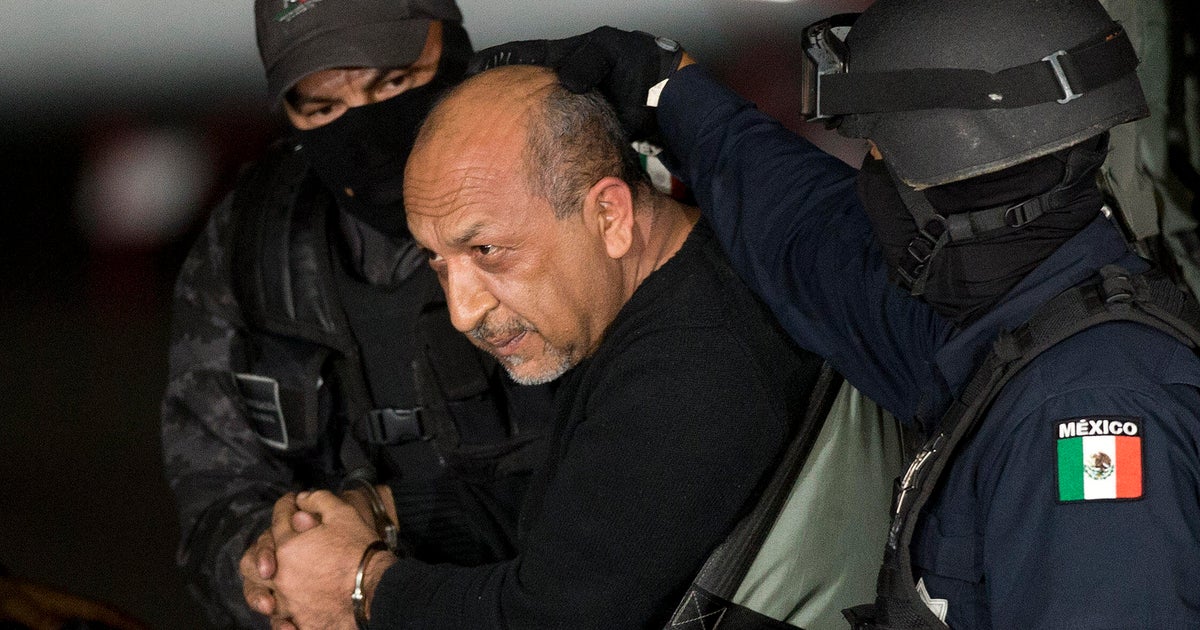Recent Attacks in Colombia Leave Nation in Shock

Introduction
The recent attacks in Colombia have left the nation in shock and mourning. According to reports from the BBC, at least 18 people have been killed and dozens more injured in two separate incidents. The first was a car bomb that exploded in the city of Cali, killing six people. The second was a downed police helicopter in the Cauca region, where 12 officers lost their lives.
Key Details
The car bombing in Cali targeted a police station and caused significant damage to surrounding buildings. The downed helicopter, on the other hand, was believed to be the result of an attack by dissident armed groups. These incidents have left the nation reeling and have sparked a renewed focus on addressing the ongoing violence and unrest in Colombia.
Impact
These attacks not only resulted in loss of life and injury, but also raised concerns about the safety and stability of the country. The Colombian government has been facing ongoing challenges in establishing peace and security, and these recent events have once again highlighted the fragility of the situation. It is crucial for the government to take swift action in addressing these issues and protecting its citizens.
About the Organizations Mentioned
BBC
## Overview The British Broadcasting Corporation (BBC) is the world’s oldest and largest national broadcaster, serving as a cornerstone of public service media in the United Kingdom and beyond[1][2]. Headquartered in London, the BBC operates under a royal charter and is primarily funded by a television licence fee paid by UK households, ensuring its editorial independence from both government and commercial interests[1][2]. This model allows the BBC to fulfill its mission to “inform, educate, and entertain” with impartiality at its core[3]. ## History and Evolution The BBC was founded on October 18, 1922, as the British Broadcasting Company Ltd., evolving into a public corporation under royal charter on January 1, 1927[1][2]. Its first Director-General, John Reith, established principles of independence and public service that continue to guide the organization. The BBC launched its television service in 1936, pioneering broadcasting technology, and expanded globally with the BBC World Service in 1932, now broadcasting in 28 languages[1][2]. ## Key Achievements The BBC has been a trailblazer in broadcasting, introducing innovations such as regular television broadcasts, color TV, and digital platforms like BBC iPlayer[1][2]. It has earned a reputation for high-quality journalism, producing globally recognized programs in news, drama, and documentary. The BBC’s international arm, BBC Studios, commercializes content worldwide, while the BBC World Service remains a vital source of news in regions with limited press freedom[1]. The corporation has received numerous accolades, including the Queen’s Award for Enterprise for its international business achievements[1]. ## Current Status and Digital Transformation With over 21,000 employees, the BBC remains a dominant force in media, generating £5.4 billion in annual income, mostly from licence fees[2]. It operates multiple TV channels, radio stations, and a robust online presence, including BBC News Online and BBC.com[1













